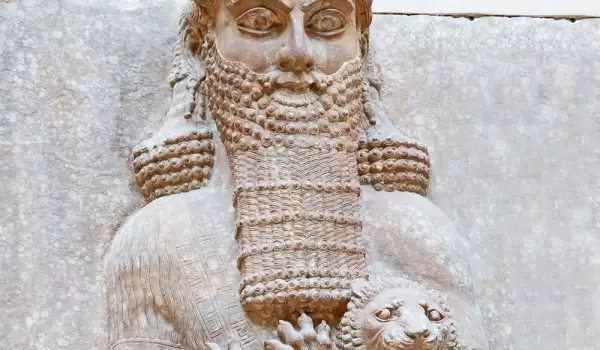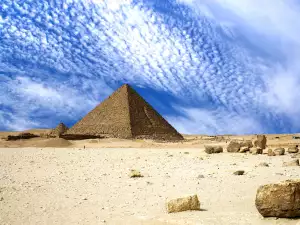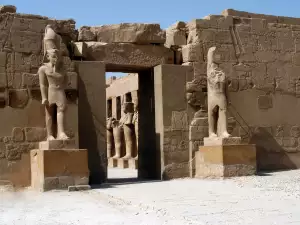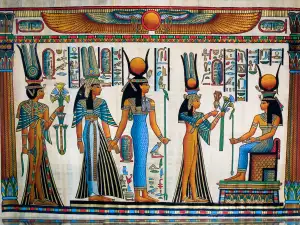The Babylonian Epic of Gilgamesh has surprisingly been expanded after new clay tablets were found, telling the legend of Gilgamesh, the king of the Sumerian city of Uruk, and his friendship with the hero Enkidu.
The epic poem is older than the Iliad according to some sources, although most estimate that the 2 antique masterpieces were from the same time period.
The new clay tablets are being held at the Sulaymaniyah Museum. They contain 20 new lines of the Epic of Gilgamesh poem, telling of gods, men and mythical beasts, reports the media site Open Culture.
Most of the poem's fragments date back to the 18th century BC but it's believed that the legend is even older. The 1st version of it was made known in 1853 and not much has changed since.
The epic recounts the feats of Gilgamesh, who traveled the world seeking immortality. When he reached the end of the world, he met the wise man Ut, who told him of the flood that swept across the entire planet.

With proficient imagery and mastery, the poem tells of friendship, love, commitment and death. For centuries scientists have been studying this poem.
The Epic of Gilgamesh is often referred to as one of the best literary works of all time. It contains 3 variants, the separate parts of each all showing the beginning of Sumerian antiquity.
The image of king Gilgamesh is practically legendary, as he has been mentioned in the scrolls of the earliest kings of Sumeria, although no categorical evidence for his existence have been found.
The Babylonian epic is emblematic in the world of literature because it describes man's eternal quest to familiarize himself with the world and unveil the mysteries of life and death.
The epic describes the afterlife as one wrought with pain and suffering, one which even great heroes cannot escape, as they are not immortal and no matter what feats they accomplish, they will eventually meet death.









